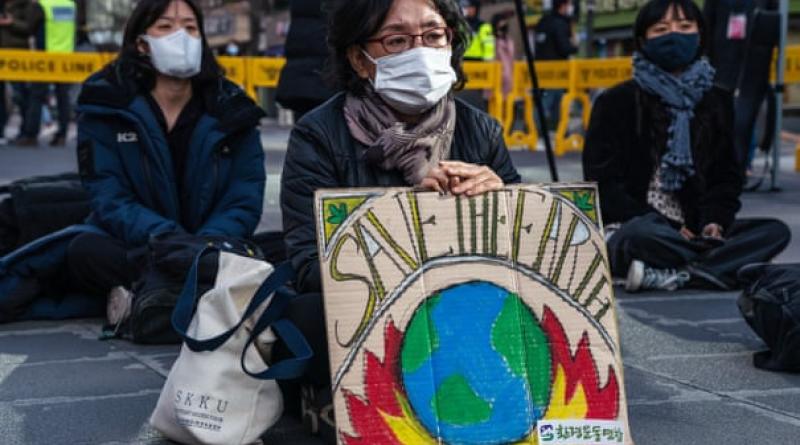Global citizens' assembly planned to address climate crisis.

Project hopes to influence policymakers at Cop26 UN climate change conference in Glasgow.
People around the world will have a chance to discuss responses to the climate crisis in a planned global citizens’ assembly to inform UN talks in Glasgow in 2021, organisers said on Thursday.
The project aims to build on similar initiatives in individual countries such as Ireland, France and Canada, where citizens’ assemblies have given politicians a steer by generating ambitious proposals on divisive issues.
“Young people are not just frustrated by rising temperatures and declining ecosystems; we’re also frustrated by the constant recycling of outdated political solutions,” said Susan Nakyung Lee, 19, a South Korean student working on the project.
The plan is to launch a core virtual assembly made up of 1,000 people chosen by lottery from around the world, in spring or early summer, to run for several months ahead of the Cop26 talks in November.
Organisers are working with other groups to hold local events around the world to broaden participation and build a lasting platform to host deliberations on global heating.
Advocates say citizens’ assemblies can provide a counterweight to hyper-partisanship and disinformation on social media by convening people outside of adversarial political systems who can call in expert testimony.
The Oscar-winnning actor Mark Rylance provided a voiceover for a crowdfunder film, and organisers are enlisting celebrities from Senegalese rappers to British rock stars to raise awareness.
Although the assembly has no power to compel governments, supporters hope its recommendations will carry enough moral authority to influence policymakers.
“The global citizens’ assembly for Cop26 will be the biggest ever process of its kind – building new relationships between people across the world, but also between citizens and leaders,” said Nigel Topping, the British government’s climate champion for Cop26.
10 December 2020
The Guardian





